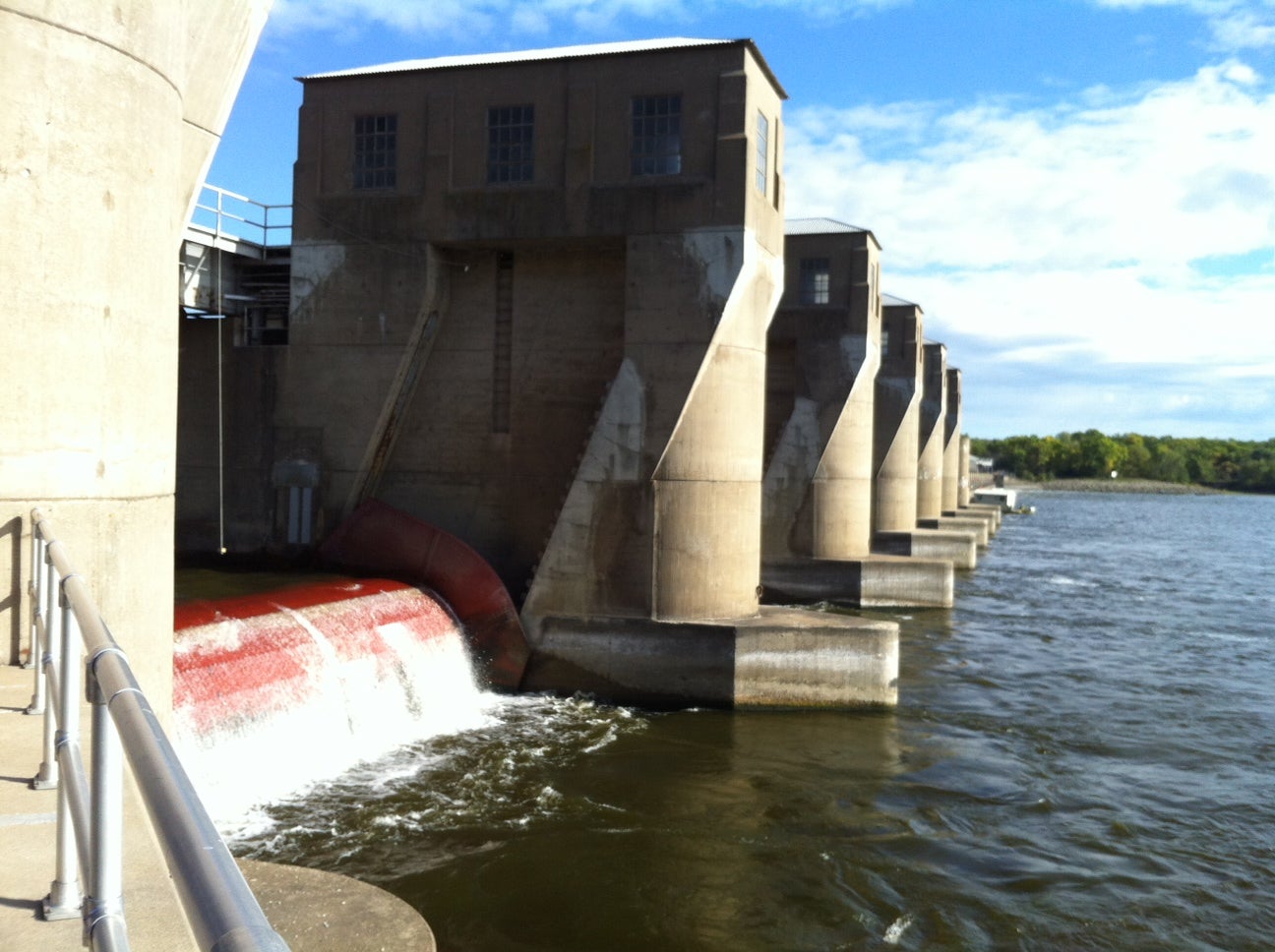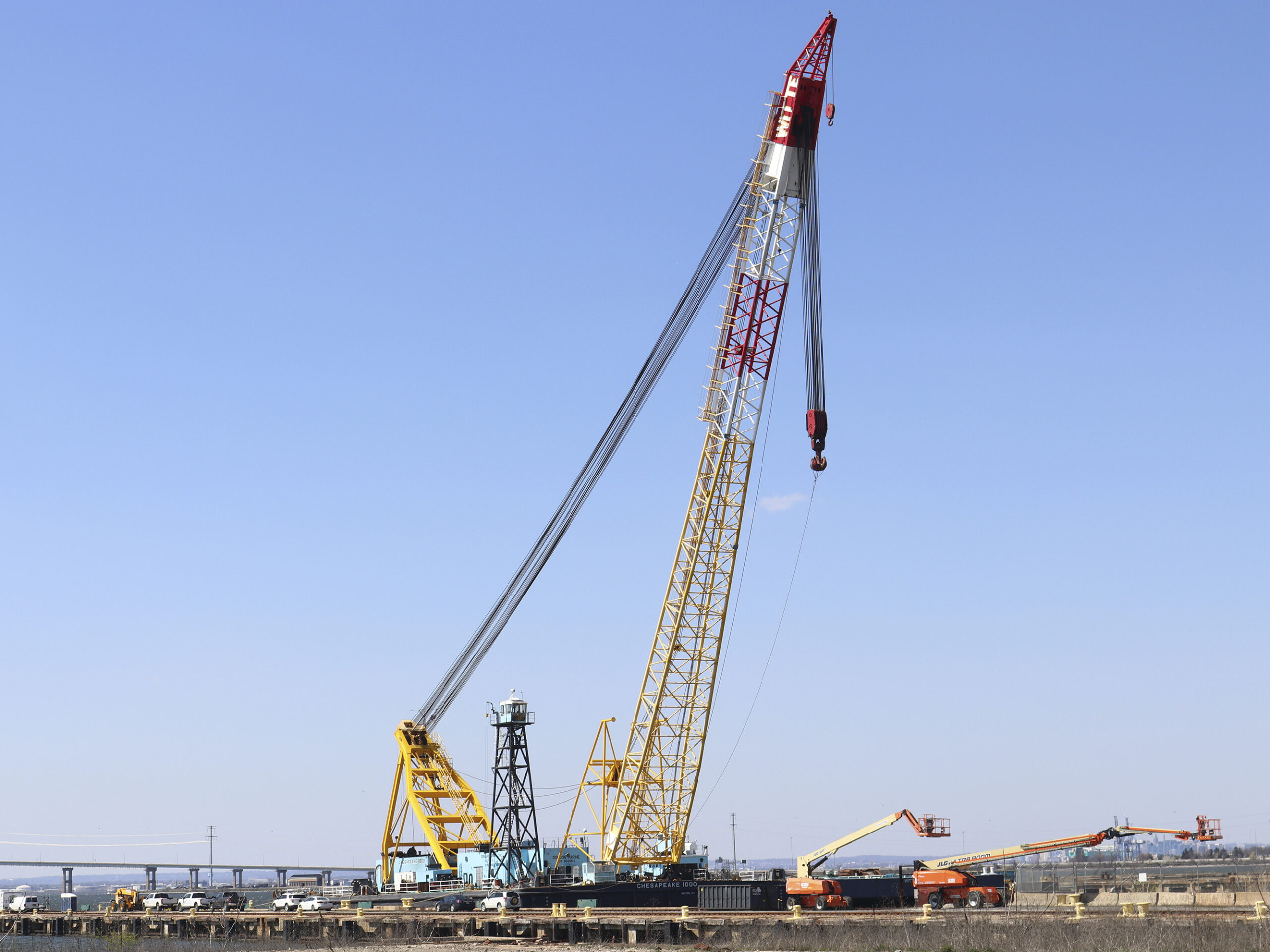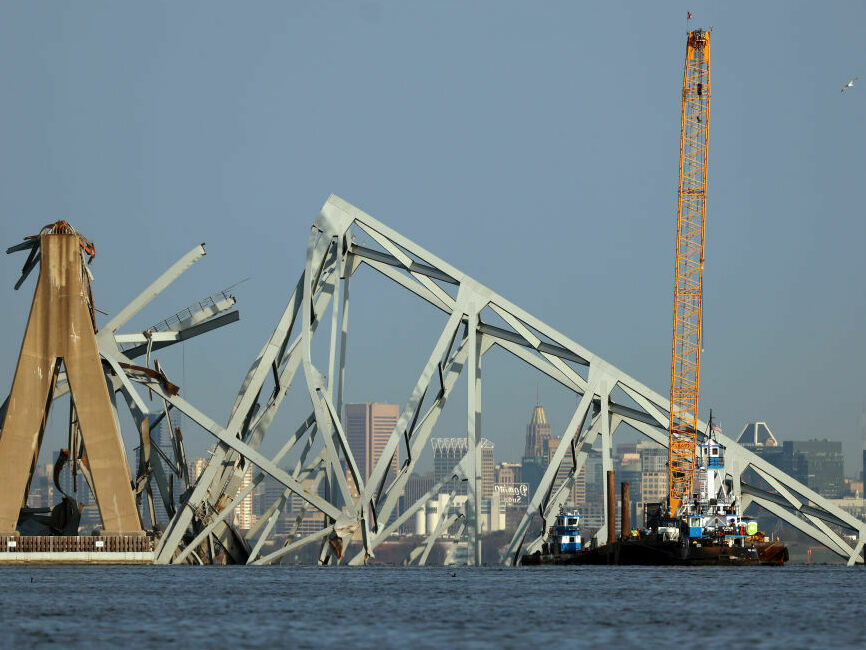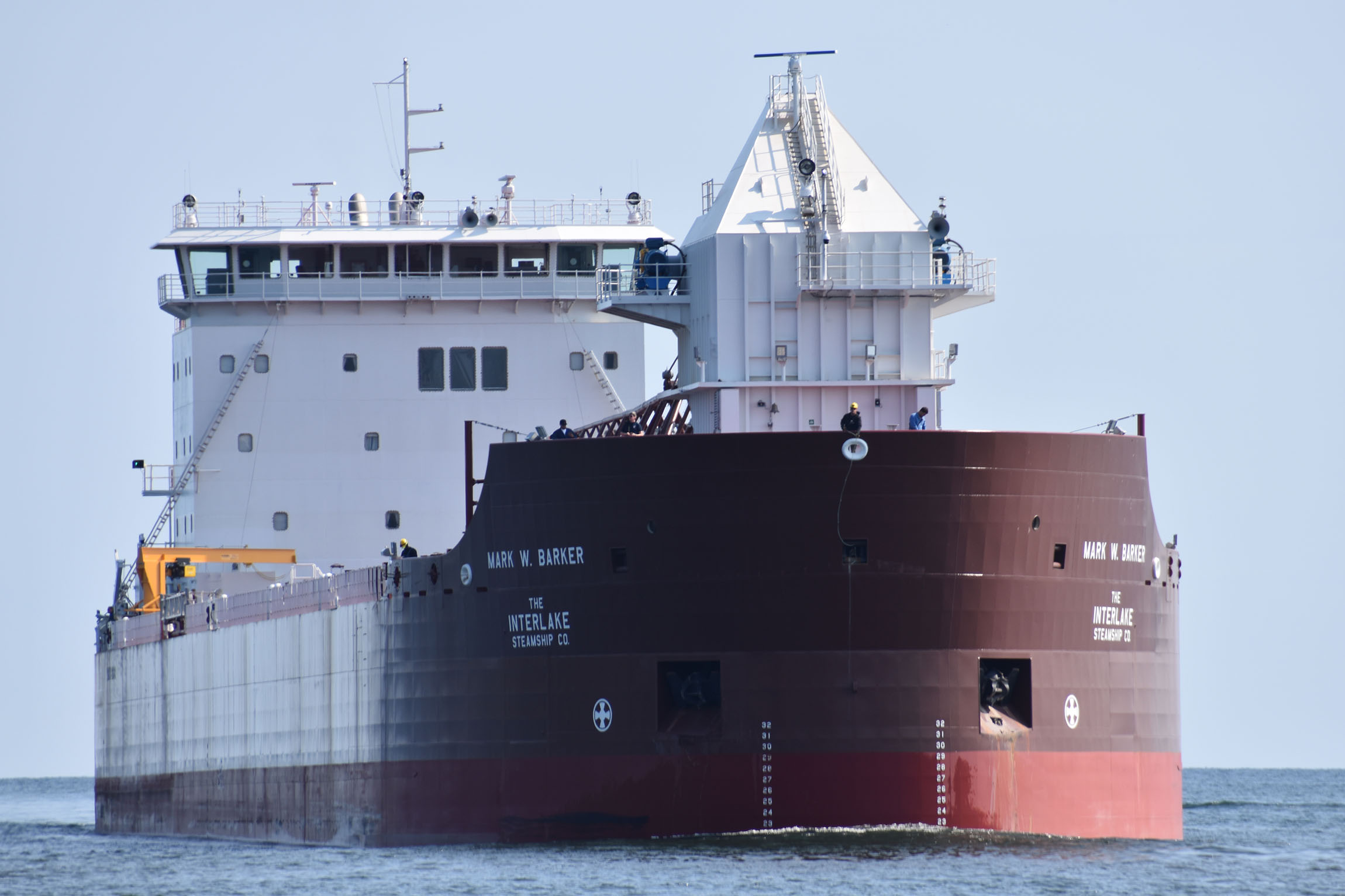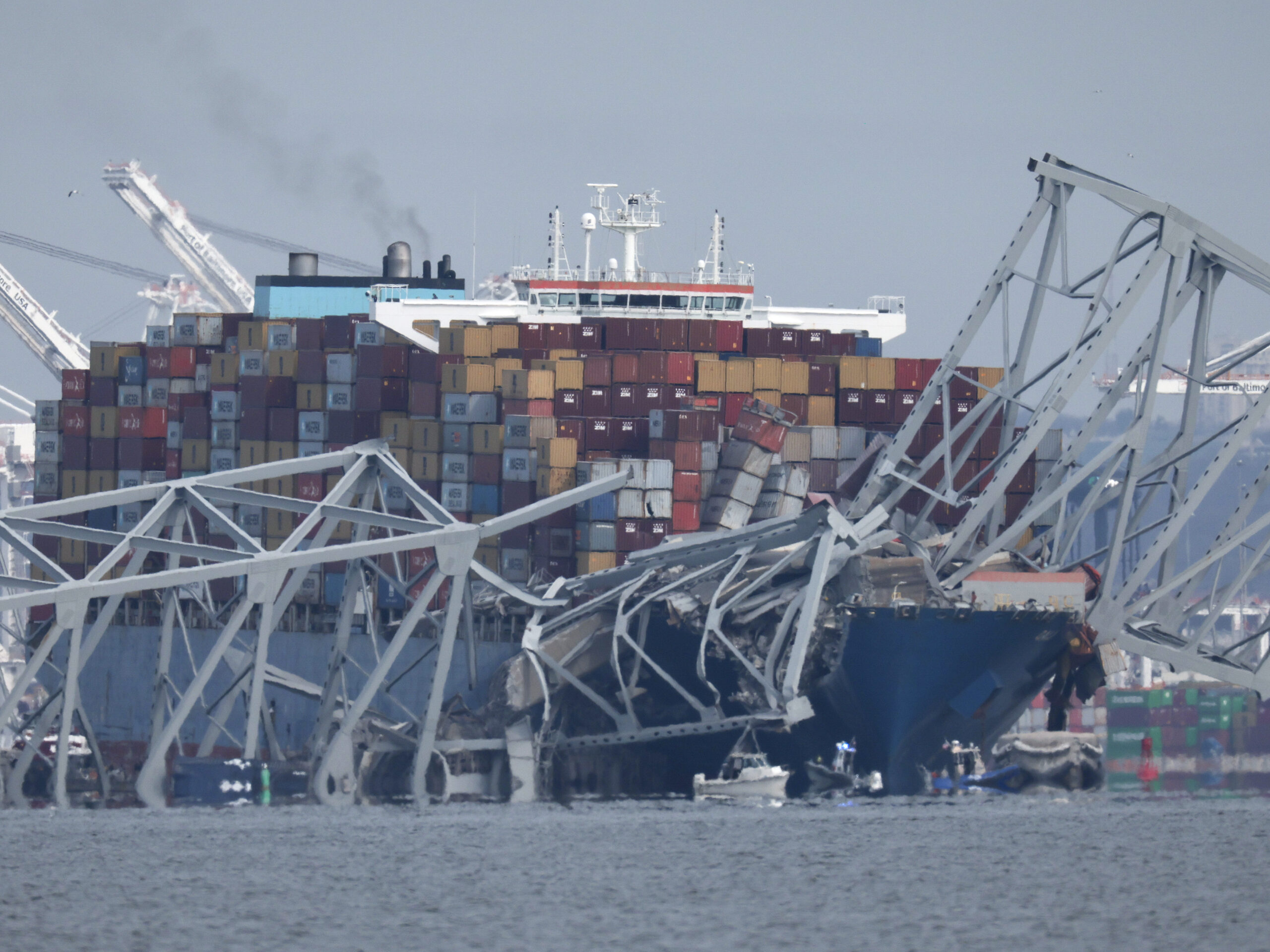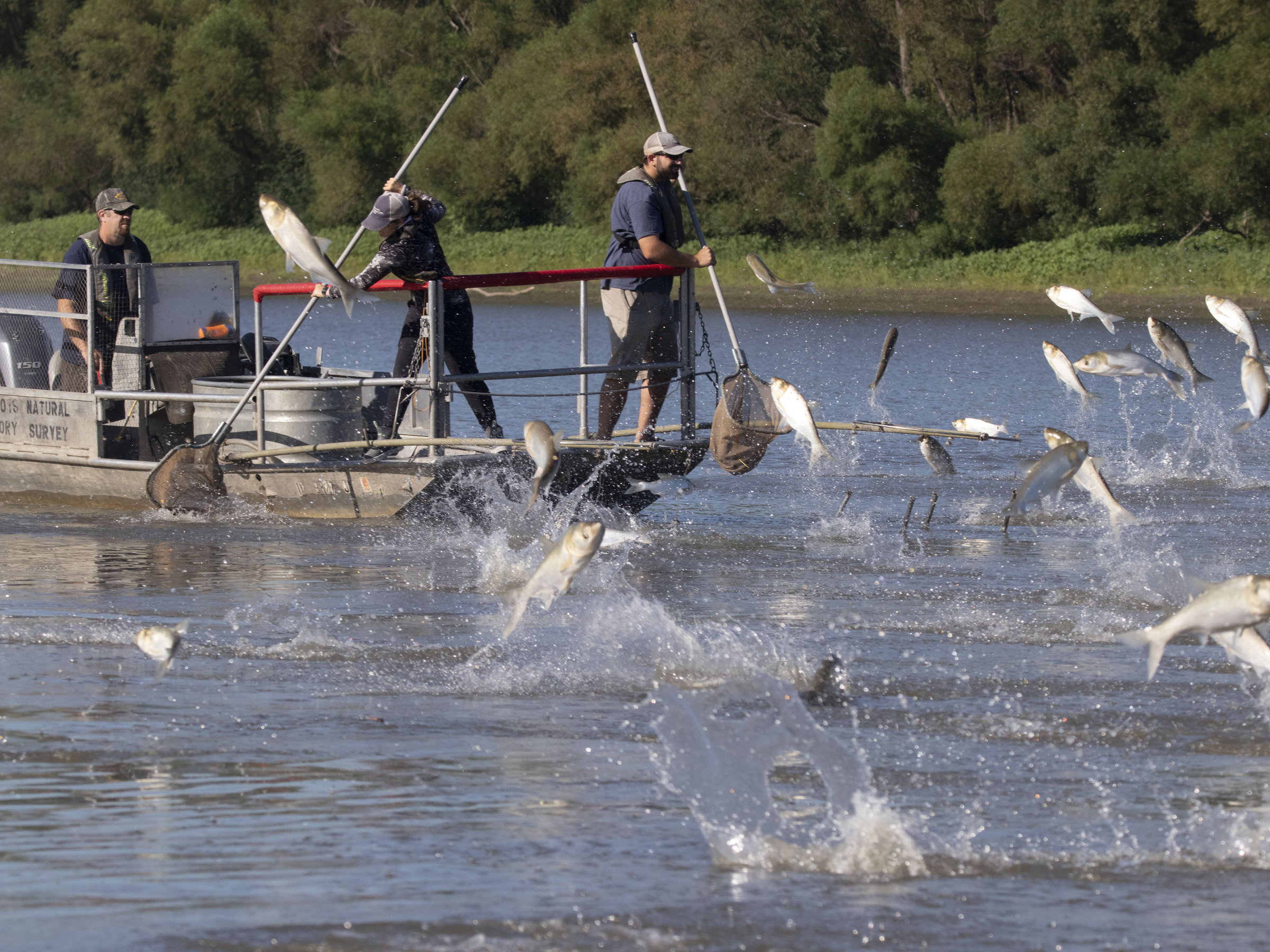The locks and dams along the Mississippi River in Wisconsin were built in the 1930s.They were rehabilitated in the 1980s and ’90s, but many officials say the system needs major upgrades.But that would cost millions of dollars, with no money in sight to pay for it.
At Lock and Dam 5 in Minnesota City, a towboat from the Port of St. Louis pushes barges through the lock. Deckhands work quickly to slow the vessels down with giant ropes that are stretched to the max.
This is just one of the twenty-nine locks on the upper Mississippi River. Barges pass through the locks, delivering cargo like salt and iron to Wisconsin. Meanwhile, grains and soybeans are exported from the region off to the Gulf of Mexico and beyond. The Army Corps of Engineers began building the system in the 1930s and officials say major upgrades were needed years ago.
Stay informed on the latest news
Sign up for WPR’s email newsletter.
“My fear is that it’s going to take a major lock disaster before eyes are open and action is taken,” says Congressman Ron Kind of La Crosse.
He echoes a phrase heard time and again. If a lock were to break, commodities could not be shipped up and down the river, resulting in an economic disaster.
The money for improvements has been hard to come by. First, shippers pay 20 cents for every gallon of fuel burned on the rivers. But since the 1980s, most of that money has gone to the uncompleted Olmsted Dam Project on the Ohio River. Also, Congress authorized funds a few years ago to modernize the system, but that money has never been allocated.
Some environmental groups and low tax advocates argue against pumping money into the system.
Congressman Kind says they need a better plan to keep navigation flowing.
“The Corps of Engineers who I meet with frequently, they do the best job they have with the limited resources that are available to them,” Kind says.”But it’s basically gum, scotch tape, and paste right now to keep it functioning.”
The Army Corps of Engineer’s St. Paul District commander, Colonel Michael Price, says he’s concerned about the Corps’ decreasing budget and the aging equipment.
“What could happen in the future is that infrastructure could fall into the river?” he asks.”We saw it last year, some of the infrastructure has fallen into the river, then we have to fix it.”
A lock wall in Minnesota fell into the river after a towboat hit it, resulting in unexpected costs. Also, agriculture and construction material shipments were held up for days this year near St. Louis after a lock broke.
At the Port of La Crosse, towboats zip back and forth, moving barges filled with mounds of salt and coal. From inside the wheelhouse of a switch boat, Brennan Marine Chief Operating Officer Kent Pehler looks around the port.
“Right over here to our starboard, we have the Cargill grain elevator,” he says. “They ship about 12-14 million bushels a year out of the Port of La Crosse.”
That’s grain that was harvested within 160 miles of La Crosse. It’ll head down the Mississippi River, pass through the lock system, and head off to world markets. But Pehler and many others connected to the river shipping industry say they fear the day when shipping will come to a halt. He says that would affect farmers economically.
“If the farmer does not have access to his world markets or he cannot get his commodity there to be competitive, it’s going to impact his communities,” he says.
Plus, Pehler says, if products can’t be shipped by barge, they’ll move by train or truck. But that’s more expensive and the cost would be passed on to consumers.
Earlier this year, a bipartisan House bill backed by the shipping industry was introduced. River shippers would pay a higher gasoline tax in order to complete more projects. Congressman Kind’s spokeswoman says he’s signing on as a cosponsor this week, making him the only Wisconsin lawmaker to support it so far.
A bipartisan Senate version is in the works, but so far, neither of Wisconsin’s senators have backed it.
Wisconsin Public Radio, © Copyright 2024, Board of Regents of the University of Wisconsin System and Wisconsin Educational Communications Board.

